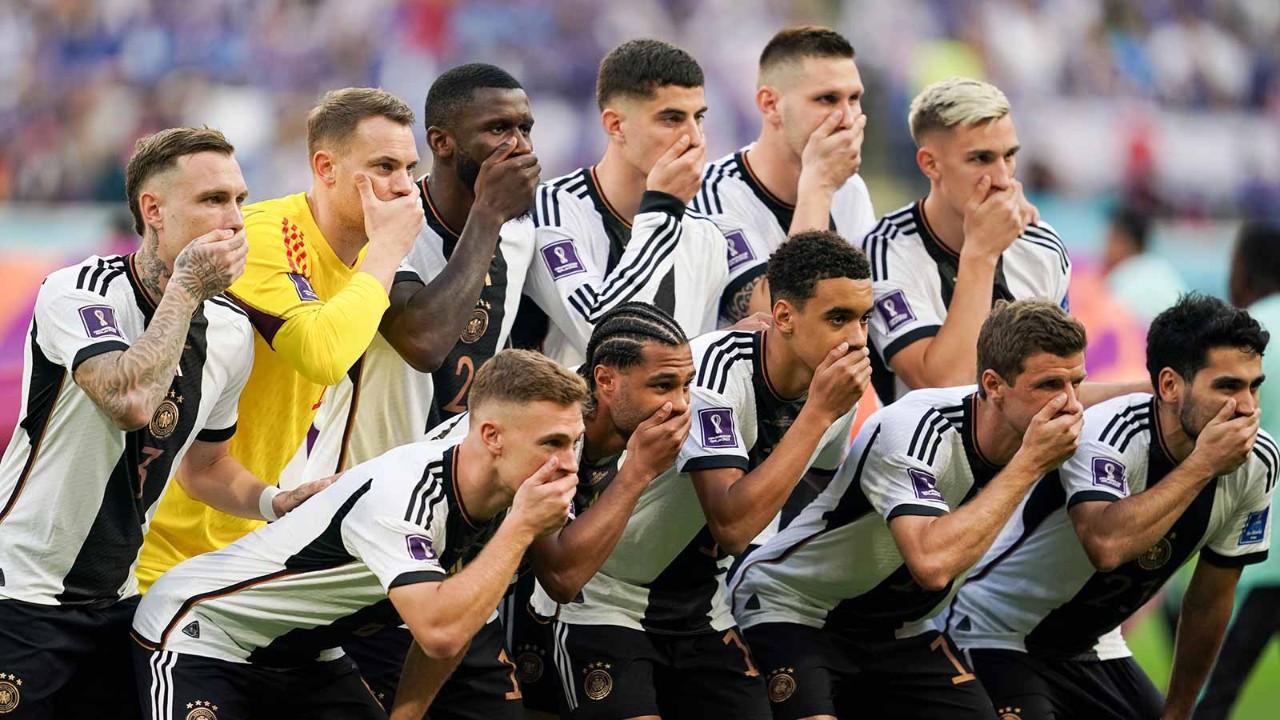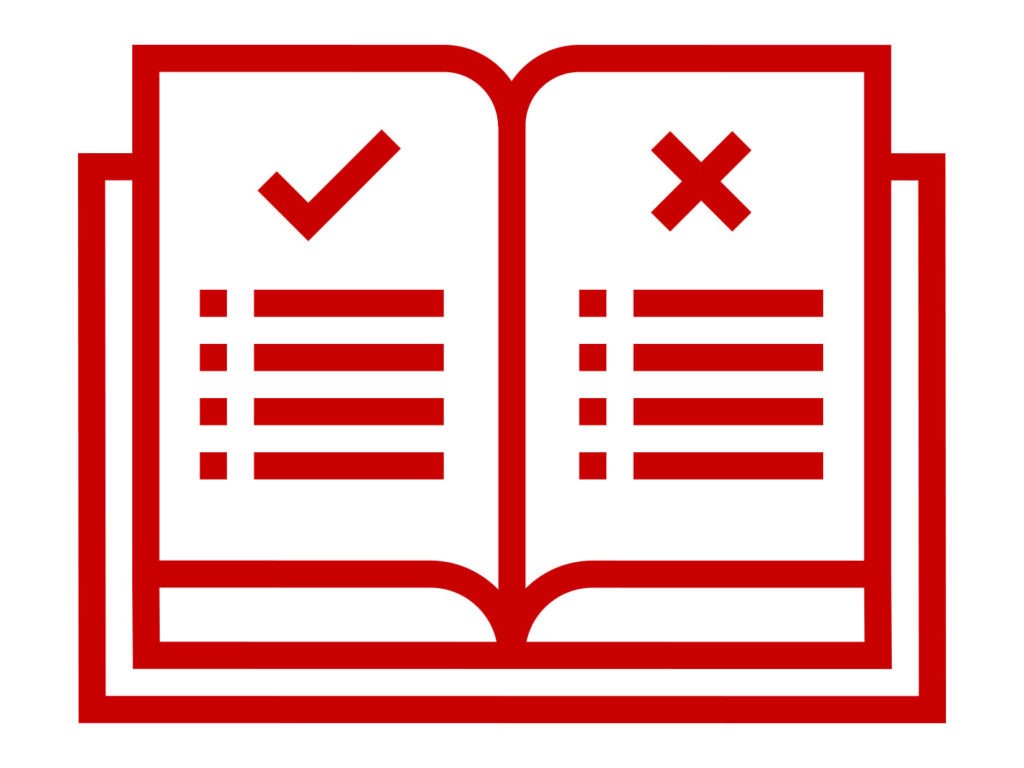
The publishers of the Merriam-Webster dictionary were probably a bit too premature to declare ‘gaslighting’ their word of 2022. Had they waited a few more weeks they might have instead opted for ‘sportswashing’.
The FIFA football World Cup has proved a welcome distraction for many from the energy and cost-of-living crises affecting millions around the world.
But how many teams, managers, players and associations have found themselves on the end of accusations of sportswashing for failing to show support for either the LGBTQ+ community or solidarity with migrant workers in Qatar?
The players have been torn between wanting to express their support and their obligations not to offend their hosts and organisers, while the football authorities find themselves in a tricky situation of having to juggle the competing interests of quelling any criticism for failing to speak out with the potential consequences if they do so.
Claims of sportswashing will be something all sports are likely to face at some point. Indeed, a similar accusation was levelled at golf following the launch of the breakaway LIV Golf series this year, which is backed by substantial funding from Saudi Arabian investors.

The World Cup, the Olympics, Formula 1, golf, rugby and cricket are global multibillion-euro entities
Big business
Purists may like to suggest that sport is not a business. That is a fallacy. The World Cup, the Olympics, Formula 1, golf, rugby and cricket are global multibillion euro entities.
The vast amounts of money ploughed into football and golf have been done with the aim of growing revenue and profitability, and that can only be achieved by reaching an even wider global audience. The challenge for sport is to expand while at the same time acknowledging it is stepping out of its comfort zone and into the potential mindfields of geopolitics.
Many businesses take lessons from the mindset of athletes and tactics of sport. When it comes to situations such as the one football has found itself in with the controversy surrounding the hosting of the World Cup in Qatar, then perhaps there are examples from how companies navigate dealing with different regimes and political climates.
There are no free passes for football or anyone else when it comes to reputational damage
The first is that the footballing authorities should have more clearly anticipated there would be a demand that they show some level of protest at the host country and have a proactive strategy in place to deal with it.
Secondly, they also should have allowed what protests there were to take place. By attempting to crack down on even seemingly small things, FIFA amplified the sense that it was censoring all efforts at free speech, the result of which was even more negative publicity.
Thirdly, senior footballing figures should have directly addressed the criticism of why the tournament was in the country at all.
Lessons to learn
These actions would be second nature to any company, particularly those in the oil and gas exploration sectors, which have always been subject to criticism of how they interact with some regimes.
There are no free passes for football or anyone else when it comes to reputational damage. Football may indeed be a beautiful game, but it is also a global business and should be able to deftly avoid an own goal.

